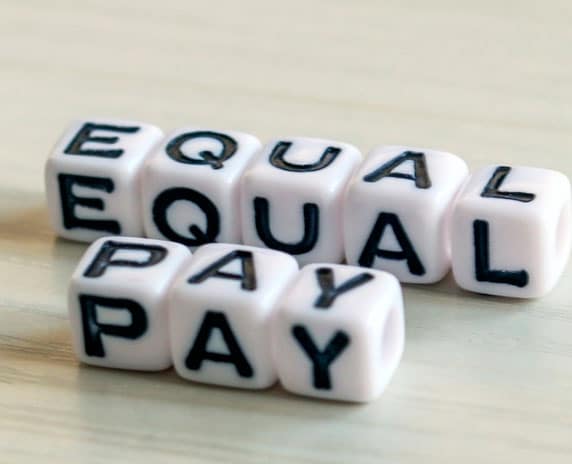18 September 2020 is the first International Equal Pay Day, which calls for pay equity for work of equal value between men and women.
The United Nations reminds us that, at present, “in all regions, women are paid less than men, with a gender pay gap estimated at 23% worldwide”.
Inequality is caused by historical and structural reasons in the power relations between men and women, and is even greater in situations of poverty, where access to resources and opportunities for women is even lower.
SDG 5 and 8 advocate this equality, which is fundamental for the implementation of the 2030 Agenda for Sustainable Development, and requires the effort of the entire international community, as much work remains to be done.
Achieving equal pay is an important milestone for human rights and gender equality.
Aware of this importance, the Observatory for Women and Equality (OMEI) of the Social Promotion Foundation opened its “Dialogues” on 28 January with a debate on “Women and Employment. 25 years after Beijing”, showing that although progress in equal opportunities between men and women over the last 25 years is evident, there is still much work to be done.
During this period, progress has been made in terms of the rates of women’s entry into the labour market and the narrowing of the pay gap, as well as the presence of women in business.
Looking to the future, the digital transformation was pointed out as an opportunity but the need to promote STEM vocations (science, technology, engineering and mathematics) among women became clear because, if this was not done, the wage and labour gap would widen again in the coming years.
Along with digitisation, different challenges were identified such as the promotion of proactive policies; the elimination of sexist language; equal opportunities without restrictions; innovation and communication.
In order to face these challenges, progress must be made in two directions: legislative changes and cultural transformation through education and training, with the involvement of the administration, institutions, companies and civil society.





